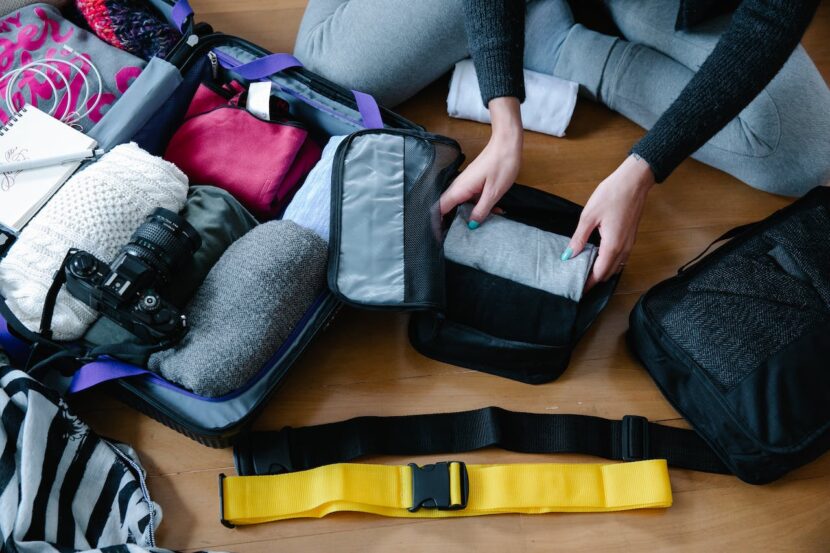The desire to travel whilst we are young is strong, however the obstacle of balancing this dream whilst being a student with a lack of funding is a disheartening one. Often, we hear of the amazing experiences that our parents and peers had whilst they travelled when younger. It is the best time to get out there and increase your cultural awareness, and other interpersonal skills will stay with you for life. Finding the best way to travel whilst on a budget is a tricky task to master, however, there are easy ways to cut the cost, whilst saving room for maximum fun.
In this blog post, we will share some actionable tips on how you can travel on a budget whilst carrying out higher education. It is important to not blow all of your money on travel, however, a smart savvy student will take our tips on board, and save in all possible areas.

1. Save Save Save
Any kind of trip starts with saving up enough money to go away. As a student who studies full time, it may seem impossible to save up enough money to go on the trip you plan for, but as many others have done it before you, it is achievable. Start saving up at a part-time job and work shifts in between your university lectures. Whilst going out and drinking with your friends will be tempting, you need to weigh up your priorities. If you stay in on the night out with your student friends, that might mean an extra £100 saved towards your exciting adventure. Have a money-saving mindset, and begin building up your funds.
2. Plan Ahead
You need to have an idea as to where you would like to go, and how long you would like to go for. This also needs to fit within your university schedule and the availability of holidays you have. Different degrees have different thresholds, for example, someone who is completing a nursing degree will have to spend the majority of their holidays working in hospitals as part of their practical learning.
However, students with more leverage, such as those completing a business management degree, may receive a few months off between academic years before they have to return to education. On the other hand, you may also consider taking a gap year to go travelling, which will require a significant sum of money saved. Have the time frames planned for when you would like to go. For locations such as Southeast Asia and Australia, it is smarter to book these flights at least 6 months in advance to save on flight costs.
3. Student Discounts
You will be surprised to find out how many counties offer discounts as an incentive for students to visit. From airlines to party boat organisers in the Mediterranean Sea, you should always be on the hunt for some form of a student discount when making bookings in advance. This will all add up, and these savings will allow you to stretch your money further.
4. Budget-Friendly Accommodation
Student accommodations overseas are never the most glamorous, however, they are extremely budget-friendly. Look at hostels in the area you intend to travel to, and also make note of the reviews. The most important thing to look for is if they are safe, and also located within the area you will be spending most of your time within. You may also find cheap house-sharing options in cities that have fewer hostels for example.
5. Local Cuisine and Grocery Stores
Planning to save money where you can also involve saving on essentials such as food. Forget dining at restaurants and fast food chains daily, instead embrace the local markets and grocery stores to give you the energy you need.
6. Public Transportation
Transport can be a large budget eater, so instead opt for public transport whenever possible. Before you arrive at your destination check out the reliable buses and other transport links that will take you to the hotspots of the location you are visiting. Taxis should only be considered in emergencies.
7. Pack Light and Smart
Packing light and smart is especially important for when you are backpacking around different locations. Excessive baggage is not only uncomfortable, but it will also waste money when you realise you have to leave belongings behind to save money. Optimise your packing, and distribute essentials such as toiletries with you and your other student friends.
8. Work or Volunteer Abroad
If you are worried about running out of money once you reach your destination, you might consider working whilst you are abroad. There are so many student working programs that support overseas students when they visit new countries, and offer them accommodation as well as working opportunities.
Conclusion
Travelling on a student budget may require some extra effort, but the memories and experiences gained are well worth it. By planning, taking advantage of student discounts, and embracing a frugal mindset, you can turn your travel dreams into reality without emptying your wallet. So, pack your bags, explore the world, and make the most of your student years!


















